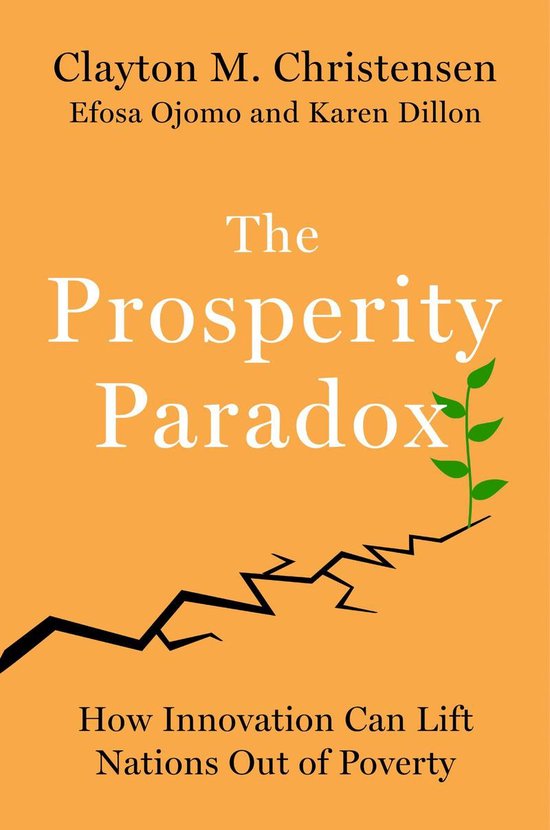The Prosperity Paradox
How Innovation Can Lift Nations Out of Poverty
Maak tweedehands je eerste keus
- 30 dagen retourgarantie
- Gratis verzending vanaf 4 boeken of 40 euro
- Op werkdagen voor 15:00 besteld, dezelfde dag verzonden
nog 1 op voorraad
12,50

The Prosperity Paradox
Echt gebruikt
ISBN
9780062851826
Bindwijze
Hardcover
Taal
Engels
Auteur
Uitgeverij
Harper Business
Jaar van uitgifte
2019
Aantal pagina’s
368
Recensies



